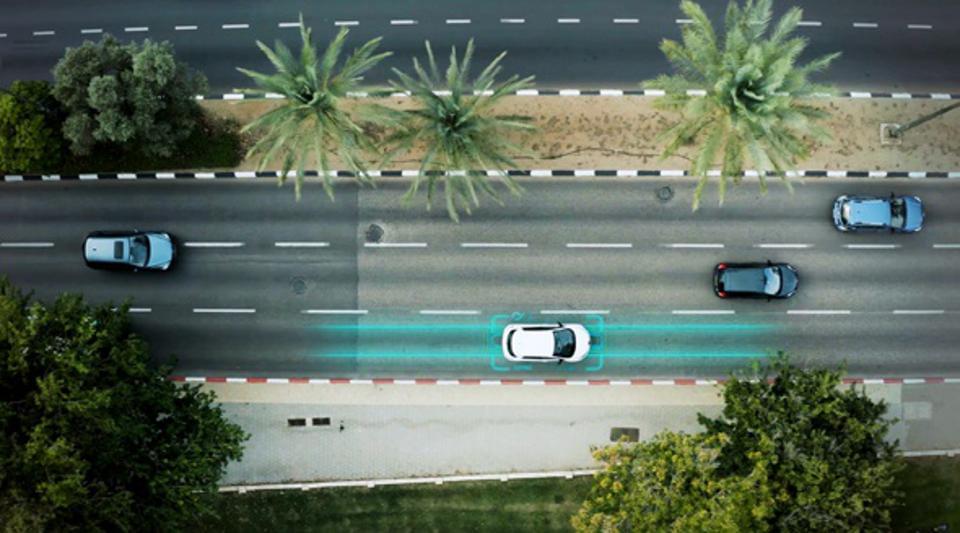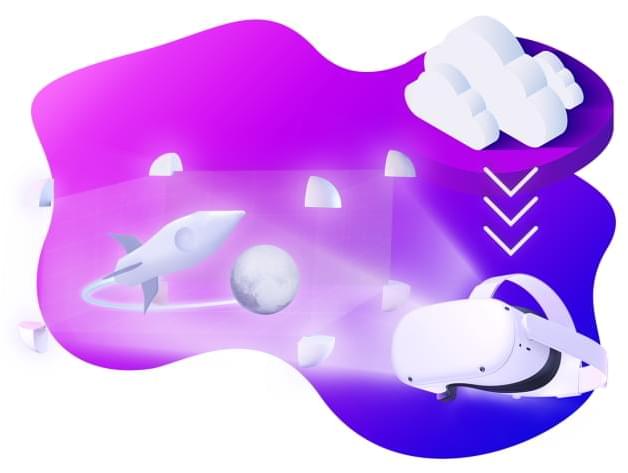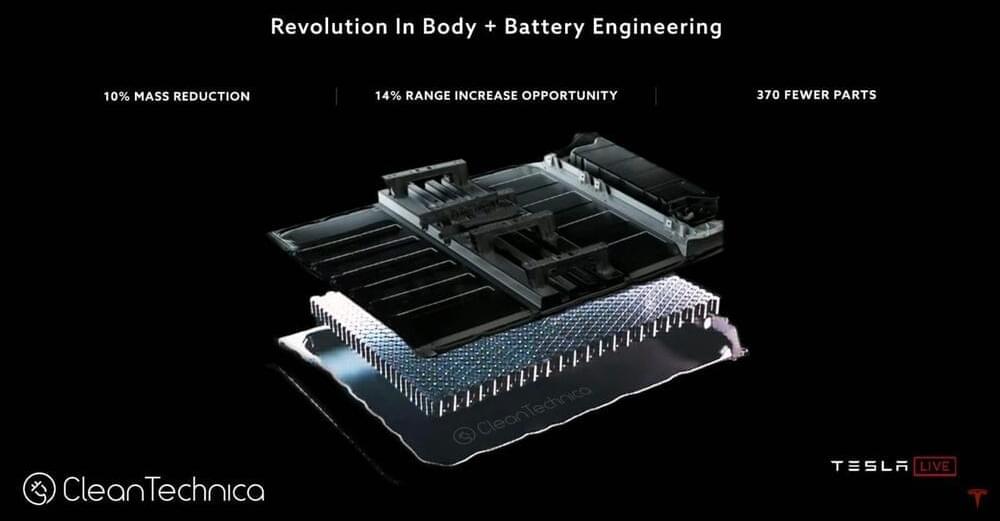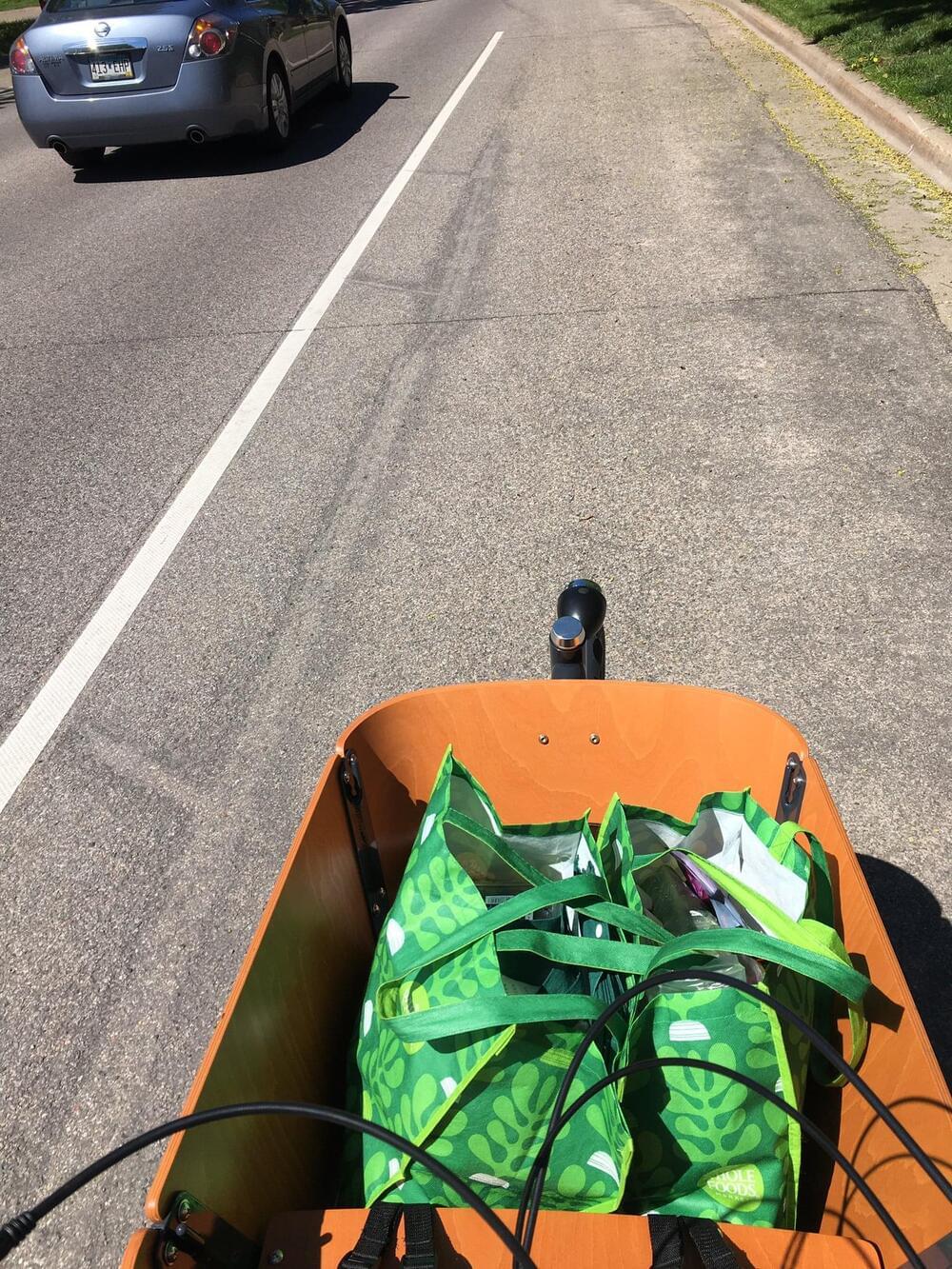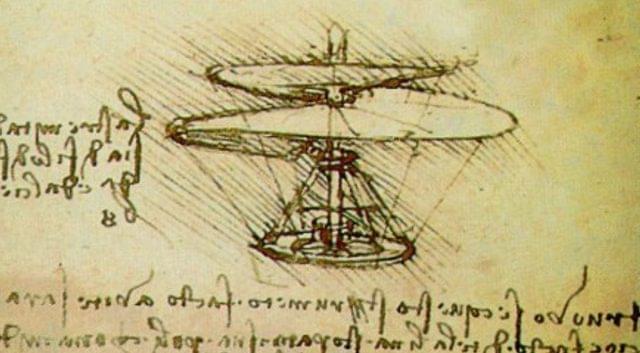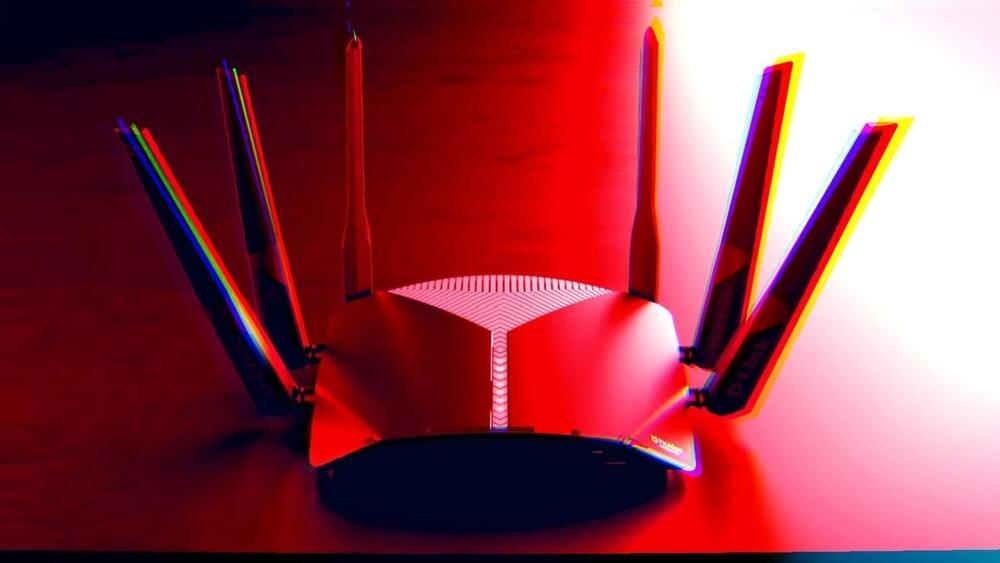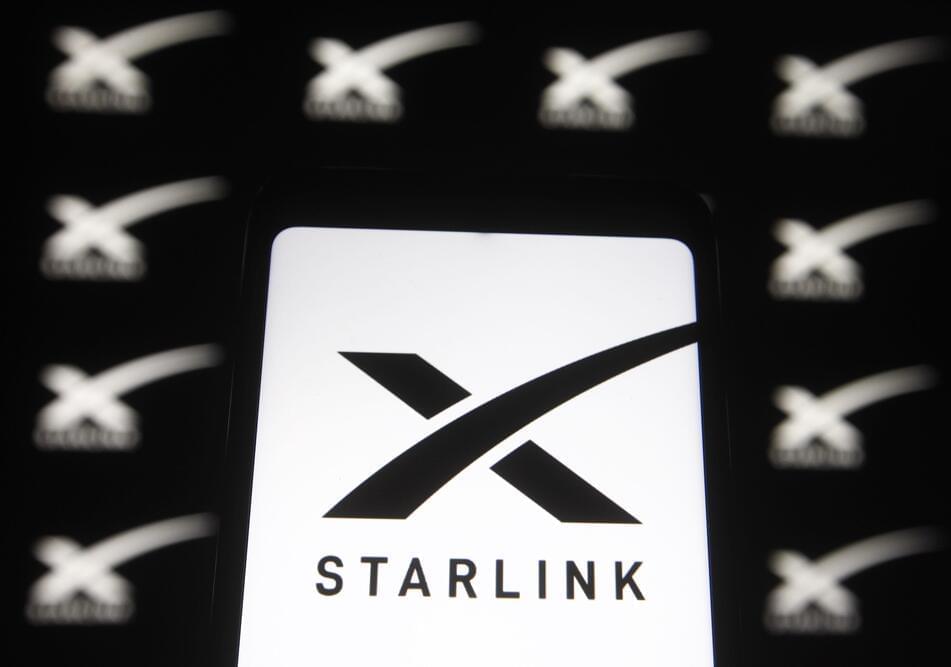Ford Motor Co. is working with Israeli startup Electreon to construct a mile-long road near Detroit’s Michigan Central Terminal that will charge electric vehicles as they travel on it. The pilot program will deploy an inductive in-road charging system in partnership with the Michigan Department of Transportation, the Michigan Office of Future Mobility and Electrification and the Michigan Economic Development Corp. “As we aim to lead the future of mobility and electrification by boosting electric vehicle production and lowering consumer costs, a wireless in-road charging system is the next piece to the puzzle for sustainability,” Michigan Governor Gretchen Whitmer said in a statement. Also supporting the project, which is expected to be operational in 2023, are Next Energy and the Jacobs Engineering Group. Ford purchased the long-abandoned train station and is converting it to be the hub of what it calls its “mobility innovation district,” where software developers and others will focus on making electrified and autonomous transportation more practical.
Full Story:
